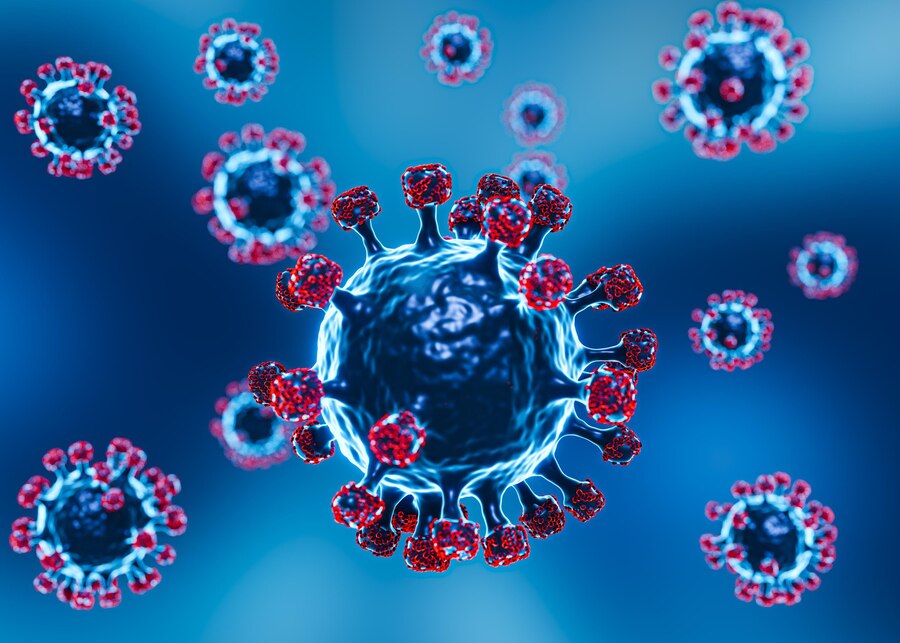China has detected seven people infected with the new variant of COVID-19, JN.1. The country's National Disease Control and Prevention Administration says that at present the risk in the country is very low. However, at the same time, the officials have not denied that it may not be dangerous in the future.

The JN.1 variant was first identified in Luxembourg before spreading to the UK, Iceland, France, and the US. Let us know what is the new variant of Covid-19, its danger, etc.
What is the new variant of Covid-19 JN.1?
According to the US Centers for Disease Control and Prevention (CDC), the new Covid variant is a descendant of BA.2.86. Also called 'Pirola', which comes from Omicron. The CDC wrote that neither JN.1 nor BA.2.86 is currently common in the United States. According to scientists, there is only one change between JN.1 and BA.2.86. That is the change in the spike protein. Spike protein is also known as spike. This looks like small spikes on the surface of the virus. For this reason, virus infection occurs more rapidly in people.
When was JN.1 discovered?
JN.1 was first detected in the United States in September this year. As of December 8, the US Public Health Agency estimated that variant JN.1 was found in 15-29 percent of total cases in the United States. The CDC estimates that JN.1 will spread as rapidly as SARS-CoV-2. Let us tell you, this is currently the fastest-growing variant in America.
Is JN.1 case in India?
This new variant in Kerala was confirmed by the Indian SARS-CoV-2 Genomics Consortium (INSACOG). Dr Rajiv Jayadevan, vice president of the National Indian Medical Association (IMA) Covid Task Force, had said that 'JN.1 could be a major factor in the recent increase in Covid-19 cases in India, especially in Kerala. 'It was first known about it in India on 13 December.
What are its symptoms?
According to the CDC, it is not currently known whether COVID-19 has symptoms that are different from other variants. At present the symptoms are considered to be the same.
-Fever
-Continuous coughing
-Getting tired quickly
- Blocked or blocked nose
-Runny nose
-Diarrhea
-Headache
Should you be worried?
However, the severity of JN.1 is not yet known. The CDC says increasing cases of JN.1 suggest it is either more contagious or better at evading our immune systems. It further said that at this time there is no evidence whether JN.1 is currently more dangerous than other variants.
(PC: Freepik)










